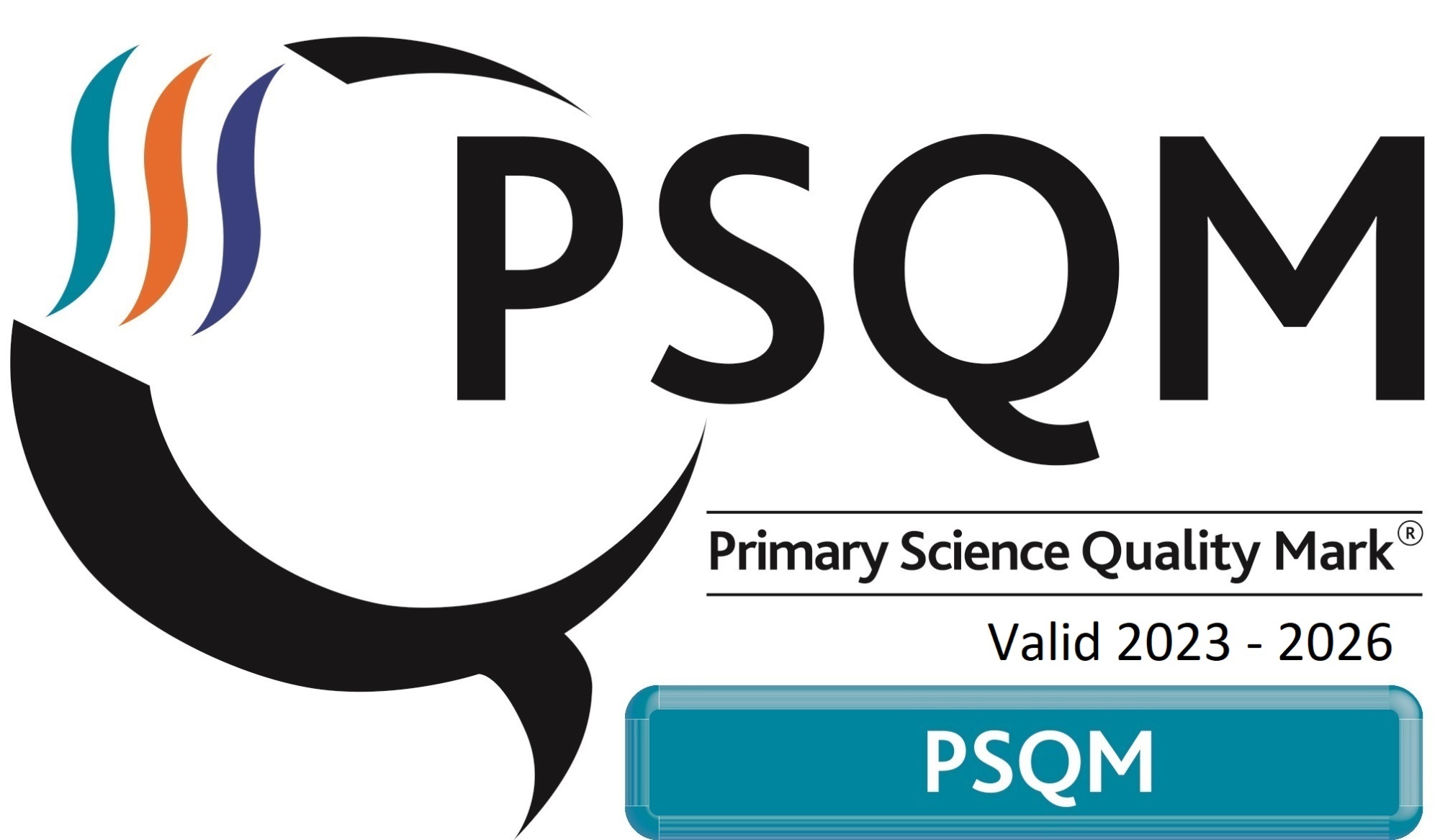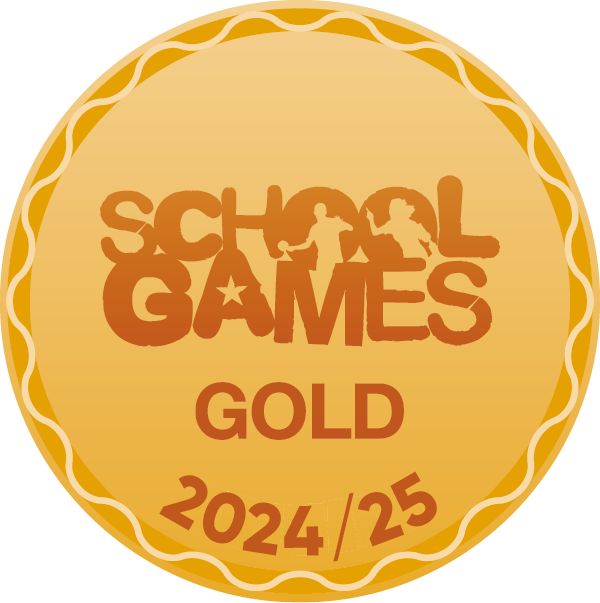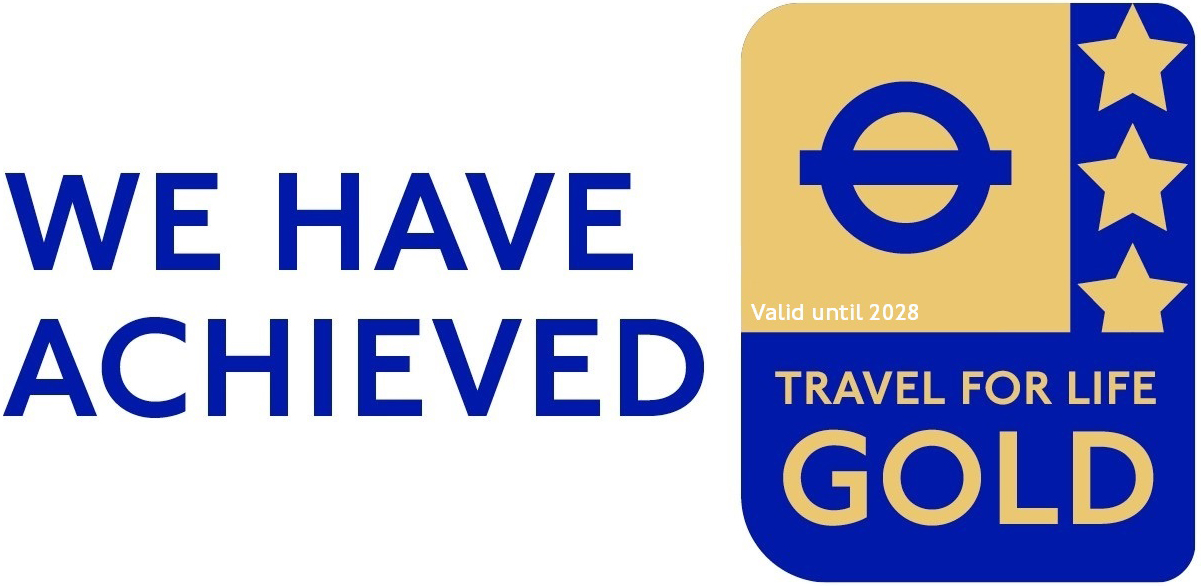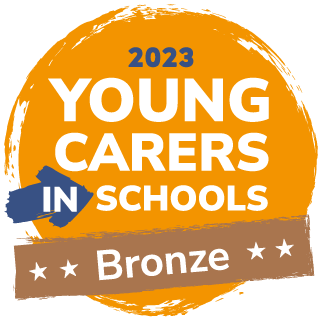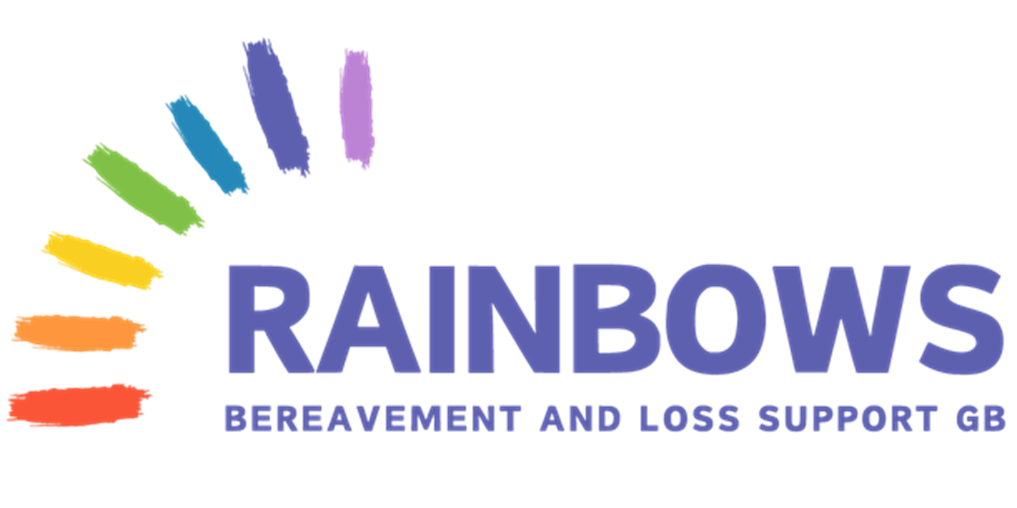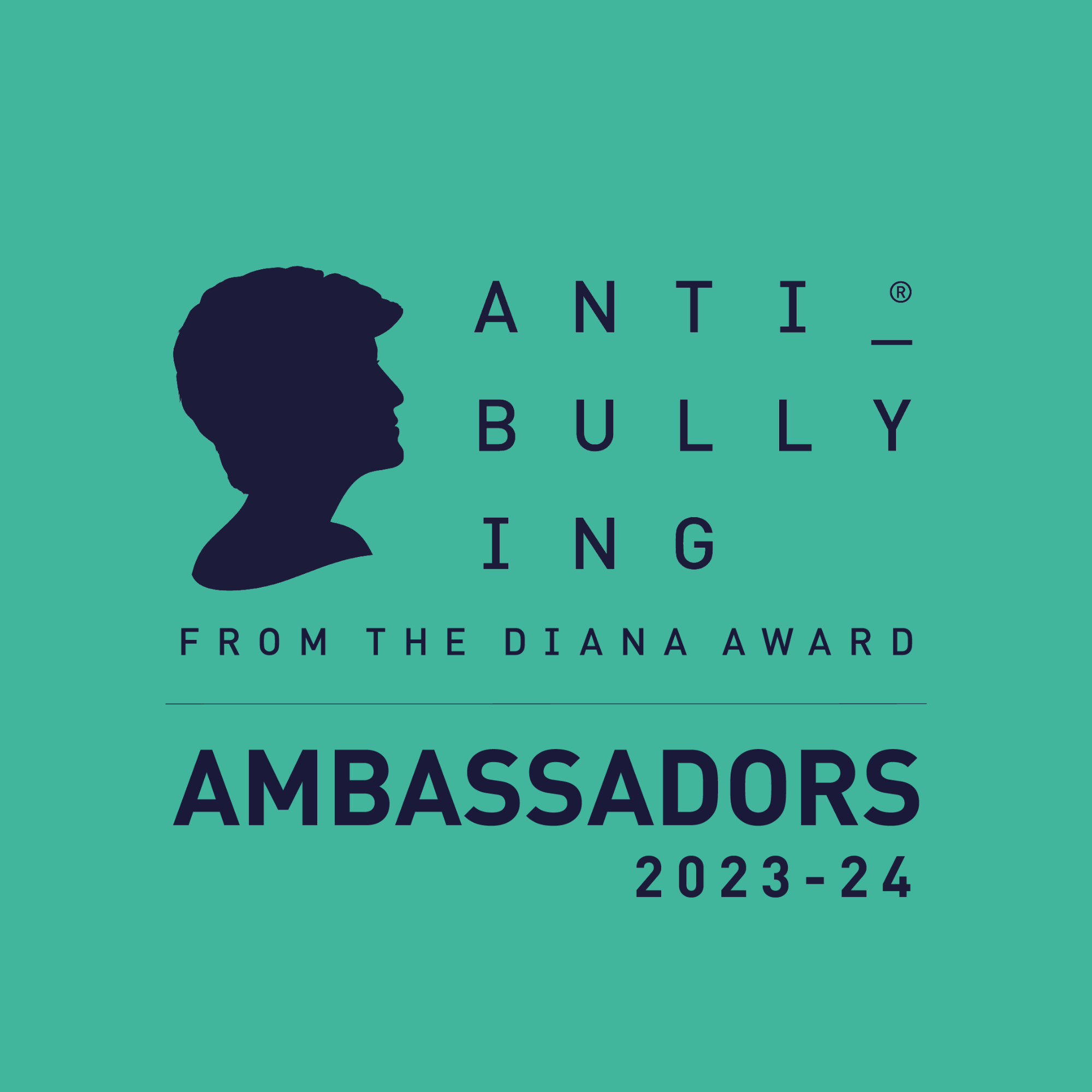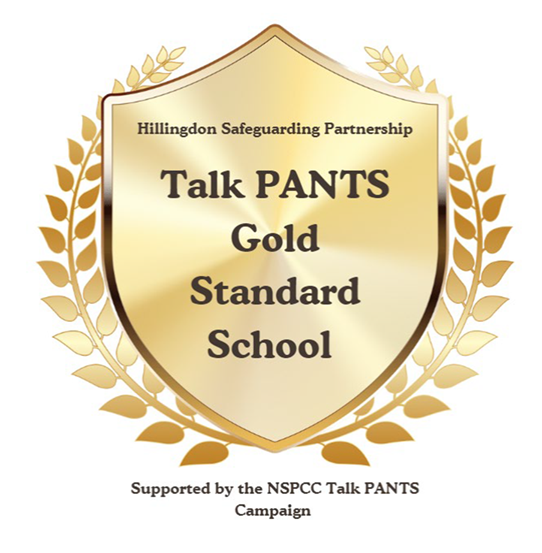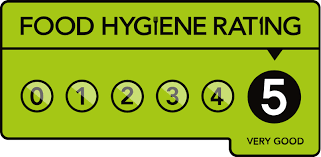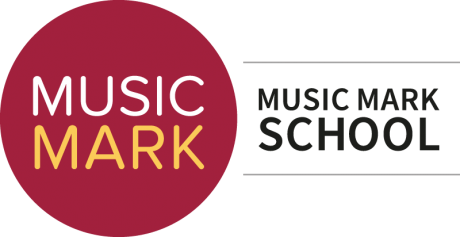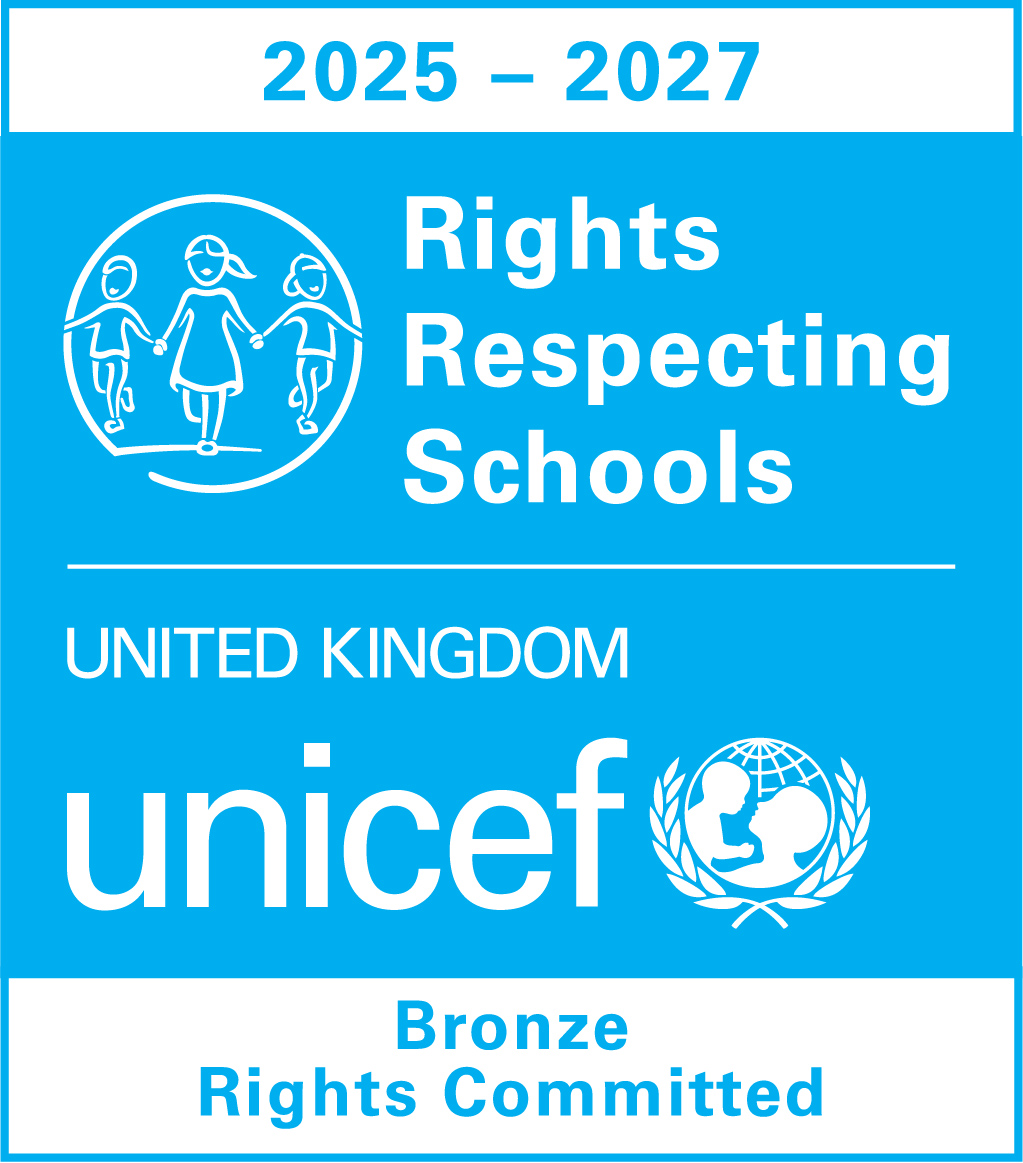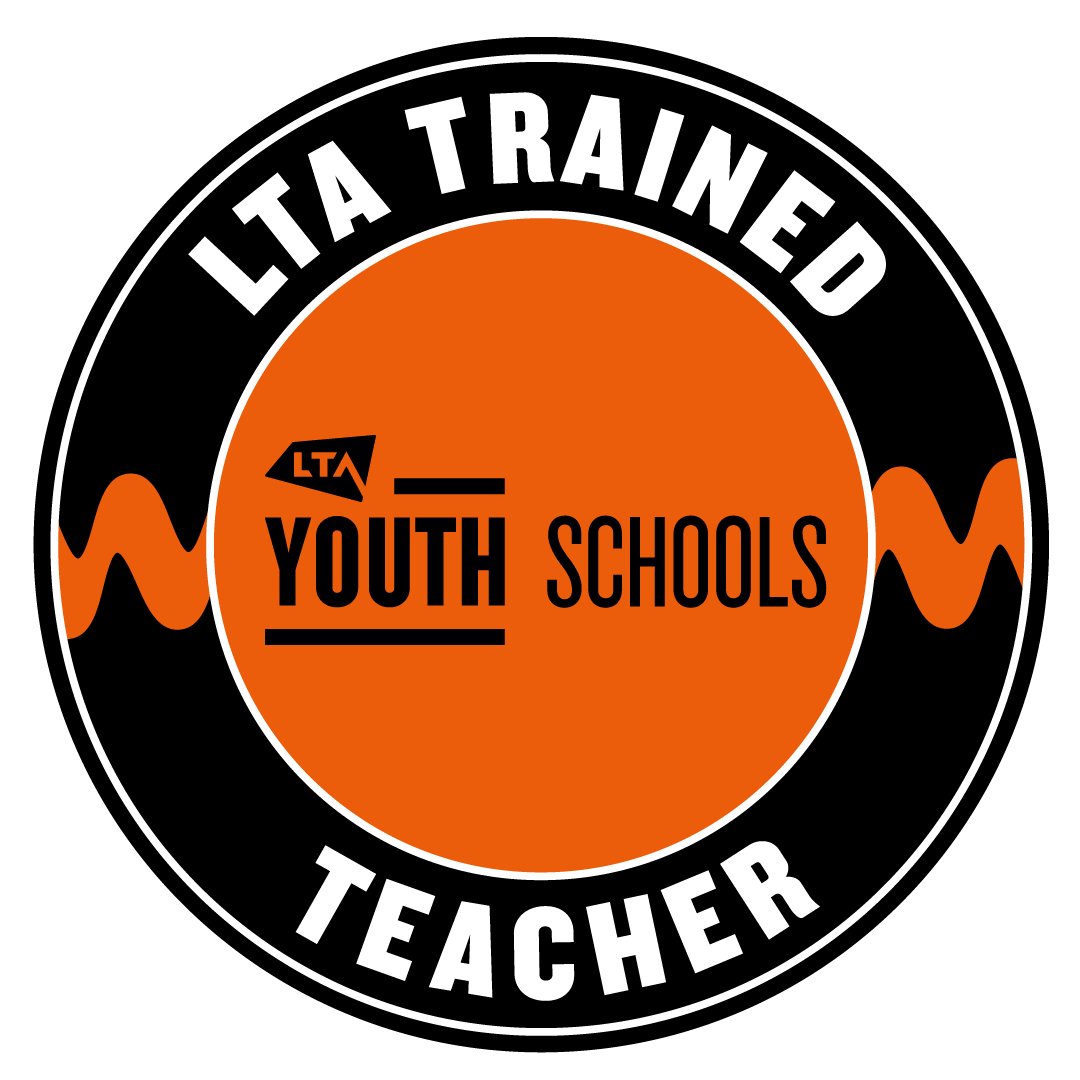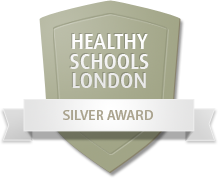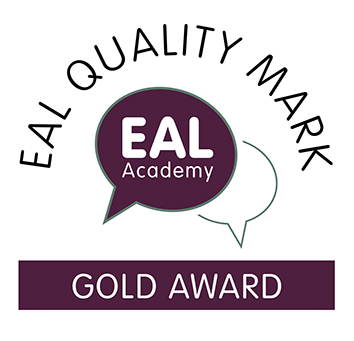PSHRE
Intent
At William Byrd Primary Academy, we believe that Personal, Social, Health, Relationships and Economic Education are a vital part of all pupils’ learning journey, enabling and supporting children to be well equipped with a repertoire of skills and attributes, as well as a knowledge base, that place high emphasis on promoting pupils’ wellbeing as well as their academic achievement. Through our PSHRE Curriculum, we endeavour to help pupils to stay healthy, keep safe, and be prepared for life and work in modern Britain as global citizens living in a diverse society, both now and in the future.
Blended with our broader character curriculum, an ethos focused around the five Guiding Powers, and an aspiration for our children to aspire to be the best they can be, PSHRE at William Byrd enhances children’s understanding of; anti-bulling, e-safety, keeping physically and mentally healthy, and relationships and changes in life as a child matures. We support social, moral, spiritual and cultural development, and provide children with protective teaching on essential safeguarding issues, developing their knowledge of when and how they can ask for help. Children learn how to build and maintain successful relationships and to become active citizens, responsibly participating in society around them. Lessons are designed to ensure that children see each and everybody’s value in society, from appreciation of others, to promoting strong and positive views of themselves. Our RSE coverage follows the statutory requirements for relationship and sex education that have been in place since September 2021. We teach them how society is organised and governed, which we link to learning about our rights and responsibilities within the context of the four defined British Values. Children are also taught to be financially responsible and aware.
Implementation
Our lessons are adapted from the CORAM Life Educations Scarf programme to meet the needs of our diverse community. Our scheme of work is based on the learning descriptors laid out in the DfE’s ‘Statutory Relationships, Sex and Health Education guidance’ and mapped to the PSHE Association’s programmes of study.
Lessons are planned sequentially with the lessons built upon as the children progress through school. The Scarf programme allows assessment opportunities allowing teachers to access PSHE knowledge and how this is applied in social and emotional skills development. As a school, we promote retrieval practice with a strong focus on vocabulary. To display this in PSHRE, class floor books, beginning in Year 1, follow each class throughout their time at William Byrd.
Early Years Foundation Stage:
Through the EYFS area of Personal, Social, Emotional Development, children are supported to build constructive and respectful relationships that allow them to play, learn and develop alongside both adults and their peers. Children learn to manage conflicts and rivalries with the support of adults, are encouraged to express their feelings and become independent in regulating their own emotions. Children are taught to manage their own physical needs, and understand the importance of respecting others’ privacy. The three characteristics of effective learning, especially within the area of active learning, support children in working towards chosen goals resiliently.
Key Stages 1 and 2:
Following Coram’s Scarf programme, each year group focuses on age-appropriate skills and knowledge drawn from 6 distinct strands. The teaching of PSHRE equips our children with a ‘sound understanding of risk with the knowledge and skills necessary to make informed decisions.’ (National Curriculum). Children from year 1 to year 6 have a weekly lesson within the following units:
- Me and my Relationships
- Valuing Difference
- Keeping Myself Safe
- Rights and Responsibilities
- Being my Best
- Growing and Changing
One topic per half-term is taught to each year group. As a school, we have chosen to teach optional parts of the curriculum as we feel it will benefit our children, and to teach additional aspects of PSHE through weekly Circle Times, which are a blend of pre-planned and responsive sessions based on a diagnosis of the needs of the class or cohort.
At William Byrd Primary Academy, stories, assemblies, games, circle times, and discussions make-up an oracy focused on understanding all areas of PSHRE. During the year, we also have special weeks and events based around PSHRE; for example, Friendship Week and key assembly focused on the British Values of Respect, Tolerance, Democracy and The Rule of Law.
As needed, support is provided to children if they find particular topics more challenging. For example, each class has a worry box in which the children can share any concerns, whether they arise from lessons or from something else, and information on where additional support can be accesses via or Children‘s Mental Health Champions and our ELSA Team is made explicit through the sessions.
Impact
PSHRE forms an integral part of the ethos and values of WIlliam Byrd. These underpin daily life at our school: kindness and respect; resilience; cooperation; aspiration; and curiosity and readiness to learn. The impact of PSHRE is measured against the standardised descriptors laid out in the DFE’s ‘Statutory Relationships, Sex and Health Guidance.’ These descriptors are used as benchmarks for progression. Most importantly, the impact of our PSHRE education is seen in the way children develop and relationships and treat people; the way they keep themselves physically and mentally well; and their ability to keep safe and make informed, safe decisions. The impact of PSHRE is not seen purely academically but also the way in which pupils become engaged, responsible, and respectful citizens of modern Britain.
The National Curriculum states that all schools must provide a curriculum that is broadly based, balanced and meets the needs of all pupils. At William Byrd Primary School, we intend that the impact of PSHRE will teach children:
- life skills in line with the 5 Guiding Powers, such as perseverance, conflict resolutions, self-management, and teamwork.
- to have respect for themselves and others.
- to be aware of and feel prepared to approach a variety of situations as they grow up.
- to become good citizens with informed moral values.
Progression of skills
Our PSHRE Curriculum is seen through 6 strands, which are repeated and built on each year.
Me and my relationships
By the end of KS1 children will: know why we have classroom rules; recognise what friendship is and recognise feelings such as anger and loneliness; understand that people have different emotions and can show this through body language and facial expressions; and understand what bullying is, the distinct types of bullying and how isolated poor behavior is not bullying.
By the end of KS2 children will: understand the importance of collaboration and understand the terms of negotiation and compromise; recognise the challenges of friendship and learn about assertive behaviors through role play; understand the pressures that people face when they may have to do something that they do not want to do; be able to show how people can make commitments to others; know the ages that people can marry and that people have the right to choose who they marry; know what appropriate/inappropriate touches are; and understand the importance of keeping safe online.
Valuing difference
By the end of KS1 children will be able to: identify physical and non-physical differences between people; identify who is special to them and words that show respect; describe how it feels to be a part of or left out of a group and strategies for coping with this; demonstrate acts of kindness, listening techniques and strategies for dealing with situations which may require negotiation.
By the end of KS2 children will: recognise that bullying and discriminatory behavior can result from disrespect of differences; know how to deal with bullying as a bystander; have strategies to support those that are being bullied; communicate non verbally to show respect; understand what prejudice is and the different groups that make up the UK; form strong friendships and relationships; and challenge stereotypes.
Keeping myself safe
By the end of KS1 children will: understand what medicines are the responsibility that comes with using them; be able to identify situations where they feel unsafe and who they could ask for help; be able to identify the diverse types of touch; and can recognise the importance of telling someone they trust about secrets that make them uncomfortable.
By the end of KS2 children will: recognise acceptable behaviour when online or in person; know the effect that spreading things online can have for people; know how to keep confidential information online secret; know about addiction and basic human needs; and understand rules (laws) and effects of drugs and alcohol.
Rights and responsibilities
By the end of KS1 children will know strategies for getting on with others at school; be able to identify special people in school and who they can ask for help from; understand what the school environment is, how they can look after and improve it; and understand what money is, and how people earn and spend it.
By the end of KS2 children will: be able to identify and define facts and bias; know the legal age they can be online and understand that everything posted online may not be true; learn about saving money and the costs of items being sold; explore different jobs and how much they pay; be able to evaluate public services and look at how we can live in an environmentally sustainable way.
Being my best
By the end of KS1 children will: understand strategies that help their learning; explain their likes and dislikes; know what healthy and unhealthy choices are; learn about germs and hygiene; understand what vaccines are and what good oral hygiene is; recognise what a good night's sleep is; and recognise all major body parts and organs.
By the end of KS2 children will be able to: set and achieve aspirational goals; identify risks (including alcohol); understand the risks of alcohol and smoking; and recognise what a risk is.
Growing and changing
By the end of KS1 children will be able to give positive feedback, identify the different stages of growth, e.g., baby. Know which parts of the body are private. Know that genital body parts can make a baby and how people can look different to each other. Explain what privacy is and know which parts you can’t touch. Give different examples of private information.
By the end of KS2 children will: know all about changes in life and strategies to cope; understand that fame can be short lived; recognise what a stereotype is; know the risks of sharing things online; understand the dangers of risk-taking behaviour; define puberty and understand FGM; know the ways in which sperm can fertilise an egg;, the legal age of consent, and what HIV is.



